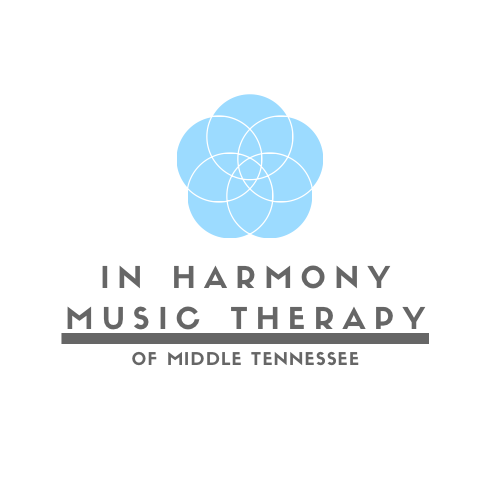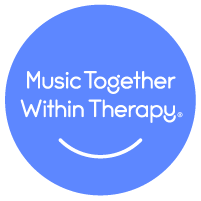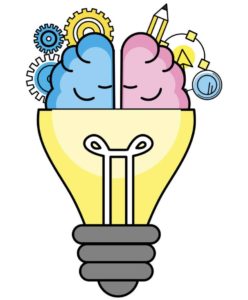
The Science of Music and the Mind
Recently, I posted an Instagram post with the graphic shown below, provided by Music Together, LLC. I work with all ages and stages of folks using music to help support their journey to their own personal wellness and agency. From early childhood into adulthood recent studies have shown the many benefits of music on both cognition and physical health.
My experience as a Board Certified Music Therapist and a Music Together Center Director has included children with ASD, persons with IDD, older adults diagnosed with Parkinson’s, Stroke, and Dementia. I have seen first hand those moments when music therapy provides a catharsis and a new awareness of learning and better quality of life.
Want to know more about how music supports brain function? Check out the resources below on recent studies and topics on music and the brain.
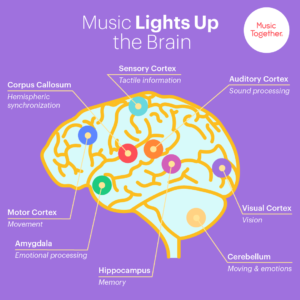
Music and the Whole Person
In our research-based Music Together® classes, the benefits of learning music for children include learning how to sing in tune and how to keep a beat. Another important benefit of learning music is that it can allow your child’s creativity and self-expression to blossom and increase your child’s confidence.
Learning music also supports your child’s overall development—something we call Music Learning Supports All Learning®. Active music-making creates unique connections in the brain that support your child’s language, social, emotional, cognitive, and physical development, too. To sign up for a Music Together Summer class through In Harmony Music go to >>https://www.inharmonymusicmidtn.com/group-music-therapy-services/
Or Sign Up for a FREE Consolation Session to find out more how Music Therapy can benefit you and/or your loved one
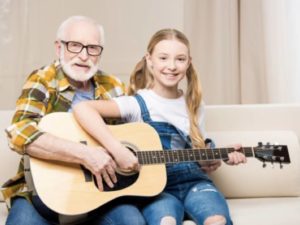
Learn More about Music and Neurologic Research
About the Research behind Music Together: https://www.musictogether.com/about/research
Music Together / Music Supports All Learning: https://www.musictogether.com/parents/benefits-for-every-age
Lullabies in any Language Relax Babies: https://www.sciencedaily.com/releases/2020/10/201019112115.htm
From Lullabies to Live Concerts: How Music and Rhythm Shape Our Social Brains: https://www.sciencedaily.com/releases/2018/03/180327102835.htm
Music and Autism Study: https://www.ncbi.nlm.nih.gov/pmc/articles/PMC6199253/
Quick Overview of What is Music Therapy for Children on the Autism Spectrum: https://raisingchildren.net.au/autism/therapies-guide/music-therapy
The American Association for Music Therapy FACT SHEETS of Music Therapy with a variety of populations and diagnoses: https://www.musictherapy.org/research/factsheets/
Music Therapy and Parkinson’s Disease: https://www.todaysgeriatricmedicine.com/archive/JF18p18.shtml
Singing Therapy may prevent communication impairment in Parkinson’s patients: https://parkinsonsnewstoday.com/2019/05/17/singing-therapy-may-prevent-communication-impairment-parkinsons-patients/
Music Therapy and Parkinson’s Disease a Systematic Review: https://www.ncbi.nlm.nih.gov/pmc/articles/PMC8582661/
Music and Dementia: https://www.todaysgeriatricmedicine.com/news/story1.shtml
How Music Therapy Could Help People with Dementia https://www.npr.org/2019/12/22/790553867/how-music-therapy-could-help-people-with-dementia
MRI Shows Differences in Musicians’ Brains
Music and Dementia with MRI Video: https://best-alzheimers-products.com/music-and-the-brain.html
Music Therapy in Stroke Patients Improves Brain and Motor Function: https://www.sciencefocus.com/news/music-therapy-for-stroke-patients-improves-brain-and-motor-function/
Music in Stroke Recovery: https://www.neurologylive.com/view/music-stroke-recovery
Questions? Feel free to reach out carrie@inharmonymusicmidtn.com
All the best,
Carrie Friddell, MT-BC
aka. Ms. Carrie

